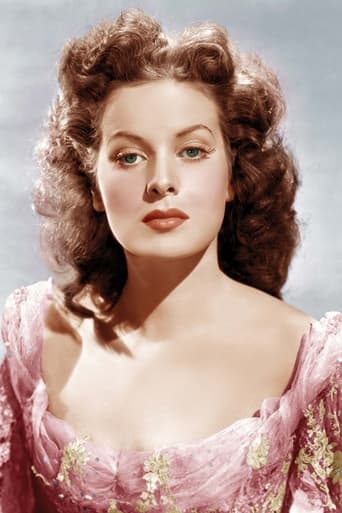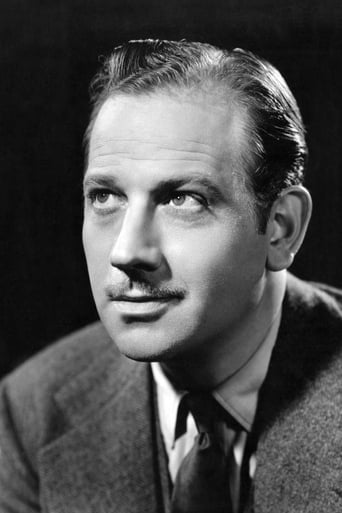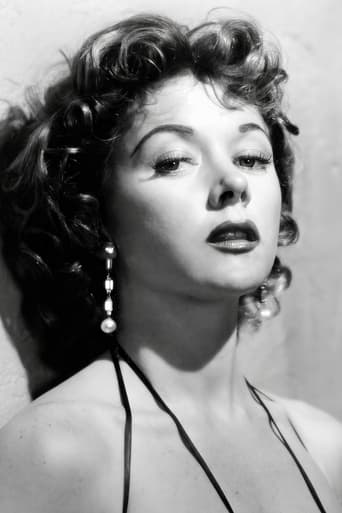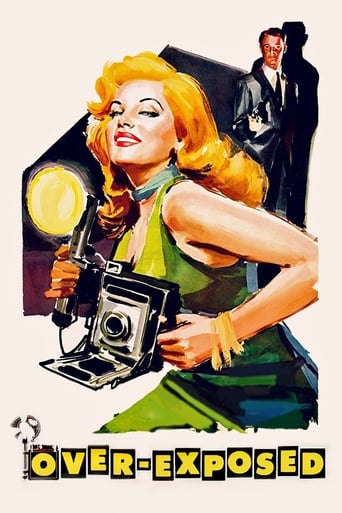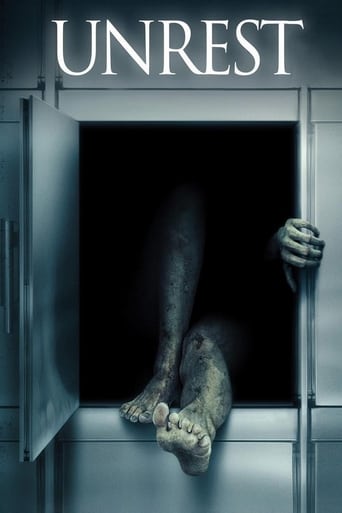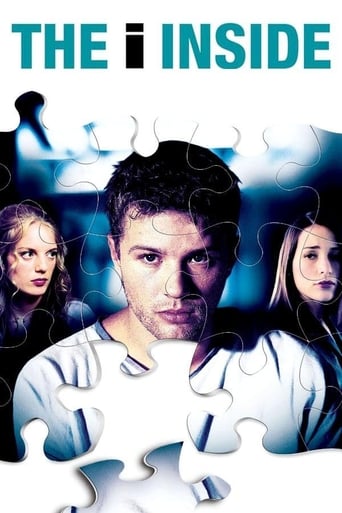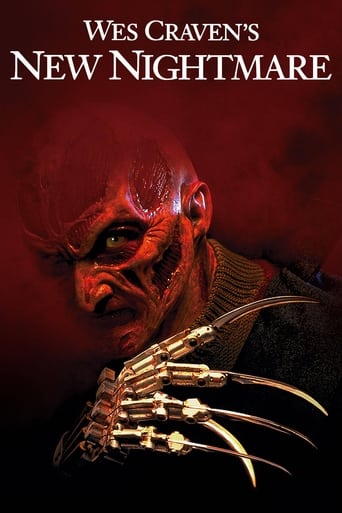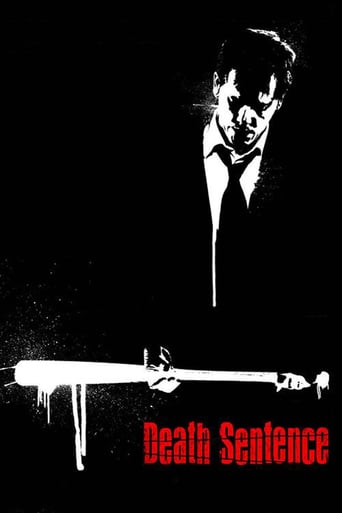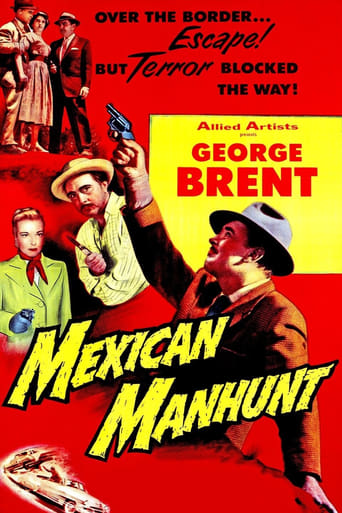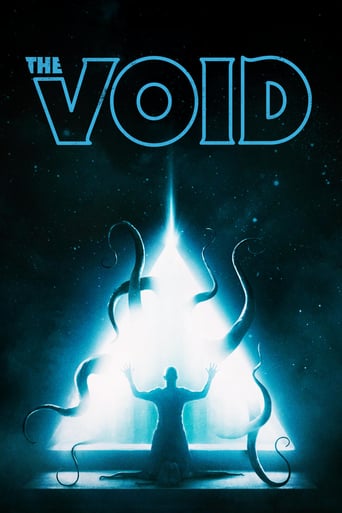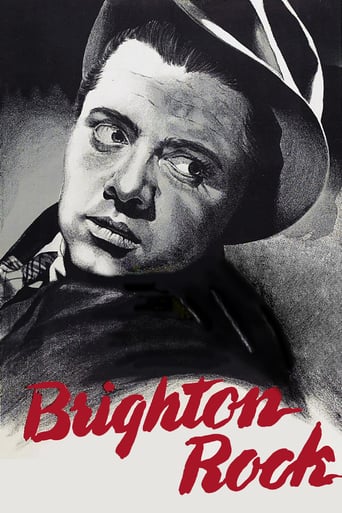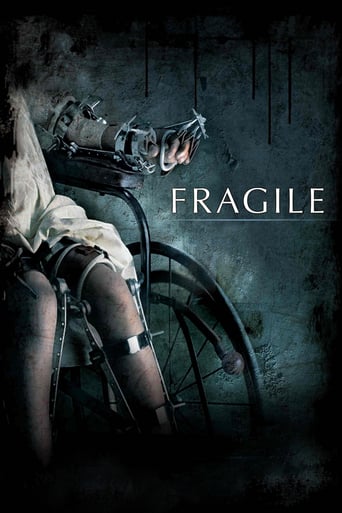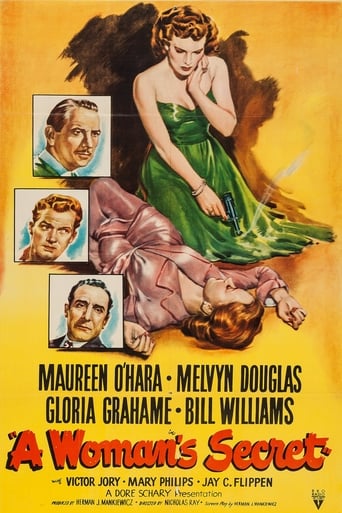
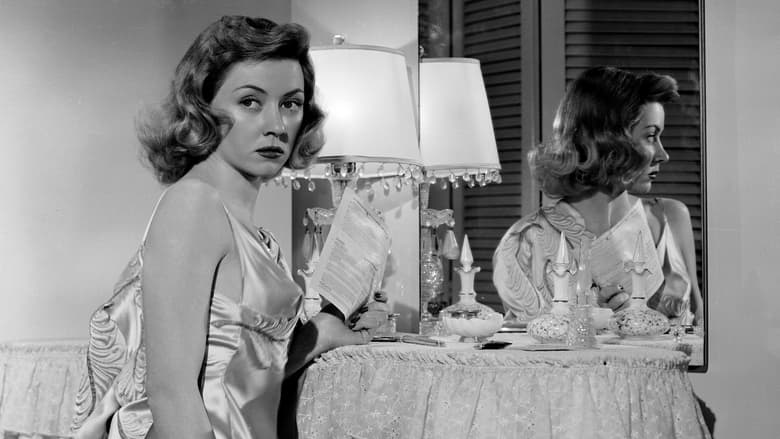
A Woman's Secret (1949)
A popular singer, Marian Washburn, suddenly and unexplainably loses her voice, causing a shake-up at the club where she works. Her worried but loyal piano player, Luke Jordan, helps to promote a new, younger singer, Susan Caldwell, to temporarily replace Marian. Susan finds some early acclaim but decides to leave the club after a few performances. Soon after Susan quits, she is gunned down, and Marian quickly becomes a suspect.
Watch Trailer
Cast


Similar titles
Reviews
After preforming for a New York City radio station, popular singer Gloria Grahame (as Susan "Estrellita" Caldwell) goes back to the apartment she shares with roommate-manager Maureen O'Hara (as Marian Washburn) and threatens to give up her lucrative singing career. As we watch a maid perform her duties, a gunshot rings out – then, Ms. Grahame is found on the floor with Ms. O'Hara kneeling over her body. Through flashbacks, we learn what led up to the unfortunate opening. "A Woman's Secret" begins with intrigue, but falters as the flashbacks are confusing and the main characters become increasingly awkward. We are left to wonder why O'Hara "suddenly lost" her singing voice, due to a rare laryngitis, and how the voice is transferred to Grahame; moreover, O'Hara, both intelligent and uncommonly beautiful, decides to devote her life to the dim-witted perfume clerk from Azusa...The top-billed men involved with O'Hara and Grahame are pianist Melvyn Douglas (as Luke Jordan) and angry Bill Williams (Lee Crenshaw). They don't seem to know how to make sense of what is going on, which is understandable. Putting some life into the on-screen proceedings are police inspector Jay C. Flippen (as Fowler) and his wife Mary Philips (an amateur detective). Off-screen, director Nicholas Ray took Grahame over the threshold. While interesting in spots, Mr. Ray starts off the climactic O'Hara-Grahame confrontation with a fail – apparently, as evident in the scene where O'Hara walks in on Grahame burning a "Western Union" telegram, O'Hara lost her sense of smell along with her singing voice. She should have asked, "What did you burn, Susan?" Adding to the confusion, the beginning flashbacks don't match later events – maybe this was intended to make it all more interesting.**** A Woman's Secret (3/5/49) Nicholas Ray ~ Maureen O'Hara, Gloria Grahame, Melvyn Douglas, Bill Williams
Compared to what we are presented with today in the cinema, A Woman's Secret and many films of that era are quaint antedeluvian oddities, and it would be easy to poke fun at them. But we should remember that there are a great many films of the time, for whatever reason, have stood the test of time and then some, that tastes change and what might now seem ludicrous was just what movie-goers wanted at the time, and finally that far more versatile technology has allowed our modern directors to put on screen which Nick Ray in 1949 could only have dreamed off. Having said all that, A Woman's Secret was pretty tacky even according to its contemporary standards.It is, at the end of the day, nothing more than a pretty mediocre potboiler. The story is daft, it can't make up its mind whether to be a noir or just a lighthearted drama, and the introduction of the police inspector's amateur sleuth wife is nothing short of bizarre. It didn't score for me at all.
A popular young radio singer (Gloria Grahame) is shot, and her mentor (Maureen O'Hara) confesses to the deed... but did she really do it, and if so, why? A little bit MILDRED PIERCE and a little bit ALL ABOUT EVE and not nearly as memorable as either. Oh, it's not a bad film, but it's too low-key to work up much excitement for (and only the tiniest bit noir). Grahame, although blatantly overdubbed in her singing parts, is a joy to watch as always... but the role really doesn't give her much room to shine (as a sidenote, this was the film where she met future spouse Nicholas Ray). O'Hara again doesn't do much for me, but co-star Melvyn Douglas is mildly enjoyable. The real treat is Jay C. Flippen and Mary Philips as the inspector and his crafty wife, who get the lion's share of the script's funniest and most clever moments. As would you expect from Ray, the direction is well done, although lacking the moody atmosphere of his superior THEY LIVE BY NIGHT from the previous year. Overall the movie is enjoyable but too lightweight to be worth a second look.
Though not really a noir, this emerged a surprisingly compelling melodrama. That said, prior to its late-night Italian screening, the notoriously eccentric commentator Enrico Ghezzi stated that the film Ray's second was forced on him by Dore Schary; it is evident because, if there's an auteur at work here, it's screenwriter Herman J. Mankiewicz (Ray's treatment, however, is sufficiently stylish to overcome the essential impersonality with which he approached the material and, at least, through working on this film, he met future wife Gloria Grahame!).Even if controversy still rages over Mankiewicz' exact contribution to CITIZEN KANE (1941), he gives this one a similar flashback structure; of course, comparisons to Orson Welles' magnum opus won't do Ray's more modest effort any favors, so I won't make any! Still, while not especially memorable, the film can stand on its own two feet thanks largely to a fine cast (an unusually aggressive Maureen O'Hara, the volatile Grahame, the typically cynical Melvyn Douglas, Victor Jory as a wealthy but love-struck middle-aged man, Jay C. Flippen as an understanding police inspector). By the way, amusing though it is, the film's injection of humor is rather atypical for Ray particularly in the figure of Flippen's wife, who likes to carry out her own sleuthing!


